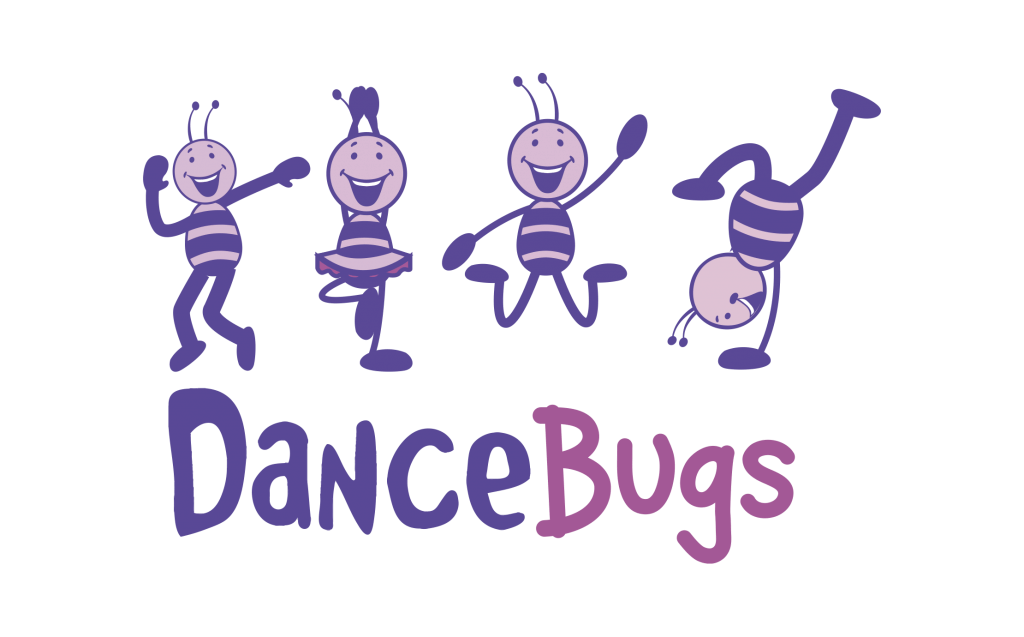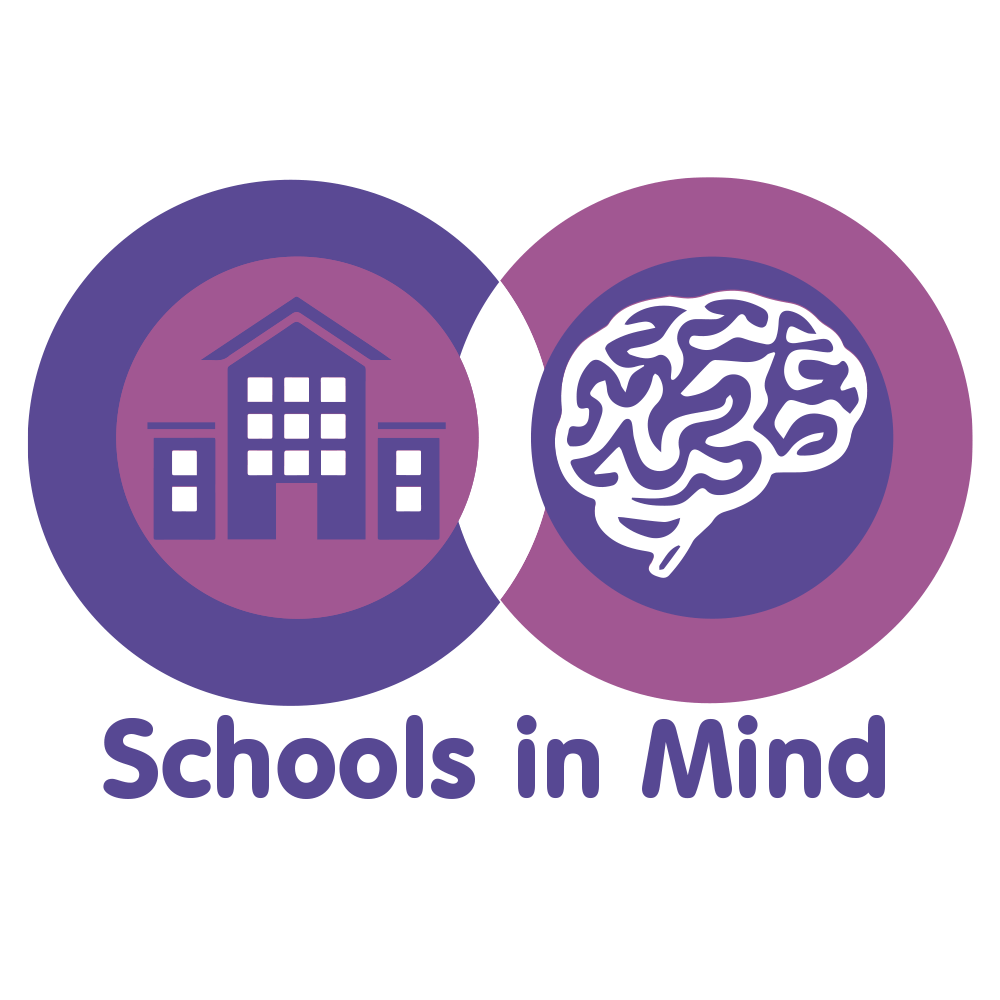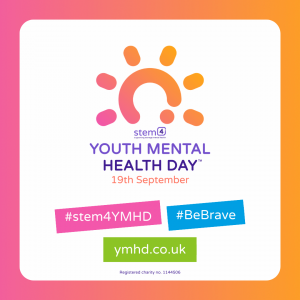
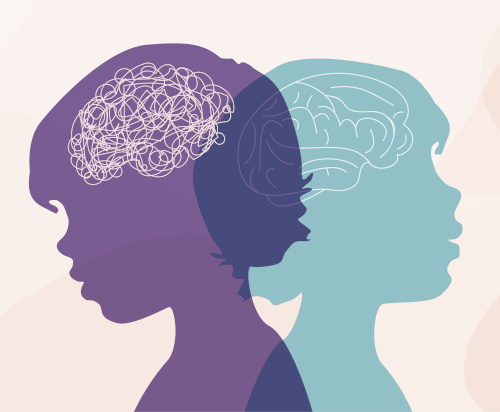
Youth Mental Health Day serves as a reminder of the critical importance of nurturing the emotional well-being of our younger generation. In an age marked by increasing stressors and digital distractions, it has become imperative to equip our children with tools to manage their mental health effectively. One such tool that has gained popularity and proven to be effective is yoga, and its introduction in primary schools has been a game-changer. In this blog, we will explore how yoga in primary schools can significantly contribute to the mental well-being of our youth, aligning perfectly with the goals of Youth Mental Health Day.
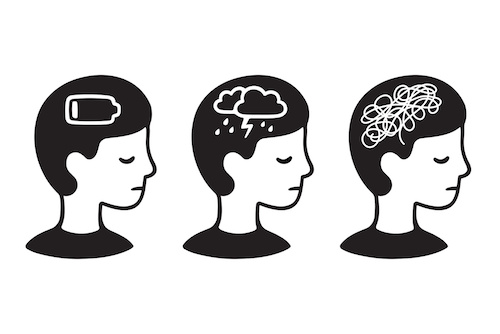
Understanding the Youth Mental Health Crisis
Before delving into the role of yoga, it’s crucial to recognise the challenges that today’s youth face when it comes to mental health. Rates of anxiety, depression, and stress among children and teenagers have been steadily rising. Academic pressure, social media, bullying, and the increasing pace of life contribute to these issues. To address this crisis effectively, we must adopt proactive strategies that promote mental well-being from a young age.
The Power of Yoga
Yoga has gained global recognition for its holistic benefits, including improved physical, mental, and emotional health. Integrating yoga into primary school curriculum can be a transformative step in nurturing the mental health of our youth.
Stress Reduction:
Yoga offers effective stress reduction techniques through controlled breathing and relaxation exercises. By teaching children to manage stress early in life, we equip them with vital coping skills for the future.
Emotional Regulation:
Yoga encourages self-awareness and emotional regulation. It helps children identify and manage their feelings, reducing impulsive behaviour and fostering emotional resilience.
YogaBugs virtual gives children essential tools for recognising, understanding, and managing emotions. The platform has many breathing & relaxation exercises which teachers can use anytime.
Click Here for more information.
Improved Concentration:
Yoga practices involve focused attention and mindfulness. When introduced in schools, they enhance children’s ability to concentrate, which is beneficial for academic performance.
Click Here for more information.
Physical Health:
Yoga promotes physical fitness, flexibility, and strength, contributing to overall well-being. Healthy bodies are closely linked to healthy minds.
Click Here for more information.
Social Connection:
Group yoga classes in schools provide an opportunity for social interaction and support, reducing feelings of isolation and loneliness.
Implementing Yoga in Primary Schools
Inclusivity:
Yoga should be presented as an inclusive activity, making it accessible to all students, regardless of their physical abilities or backgrounds.
Consistency:
Regular yoga sessions in schools can yield the best results. Consistency helps students develop a routine that they can carry forward into adulthood.
Mindfulness Practices:
Incorporate mindfulness practices within yoga sessions to promote self-awareness and emotional regulation.
Parental Involvement:
Encourage parents to support yoga practice at home and educate them about its benefits for their children’s mental health.
On Youth Mental Health Day, let us acknowledge the urgency of addressing the mental health challenges faced by our youth. Yoga in primary schools offers a proactive and holistic approach to nurturing their mental well-being. By integrating yoga into the curriculum, we empower children with lifelong tools to manage stress, regulate emotions, and build resilience, ultimately creating a healthier and happier generation. It’s time to invest in the mental health of our youth, and yoga is a powerful step in the right direction..
Book a meeting and tour of our YogaBugs virtual platform to find out how we can support your school. Click Here to book your time and date.









